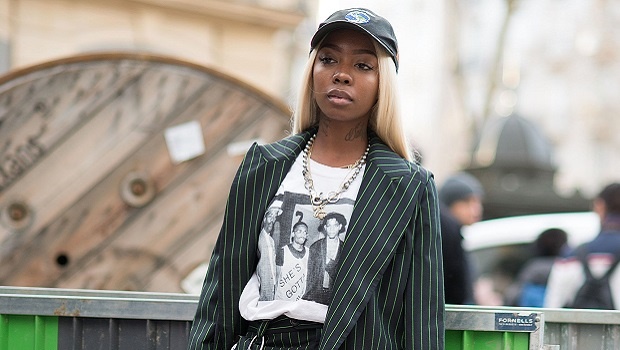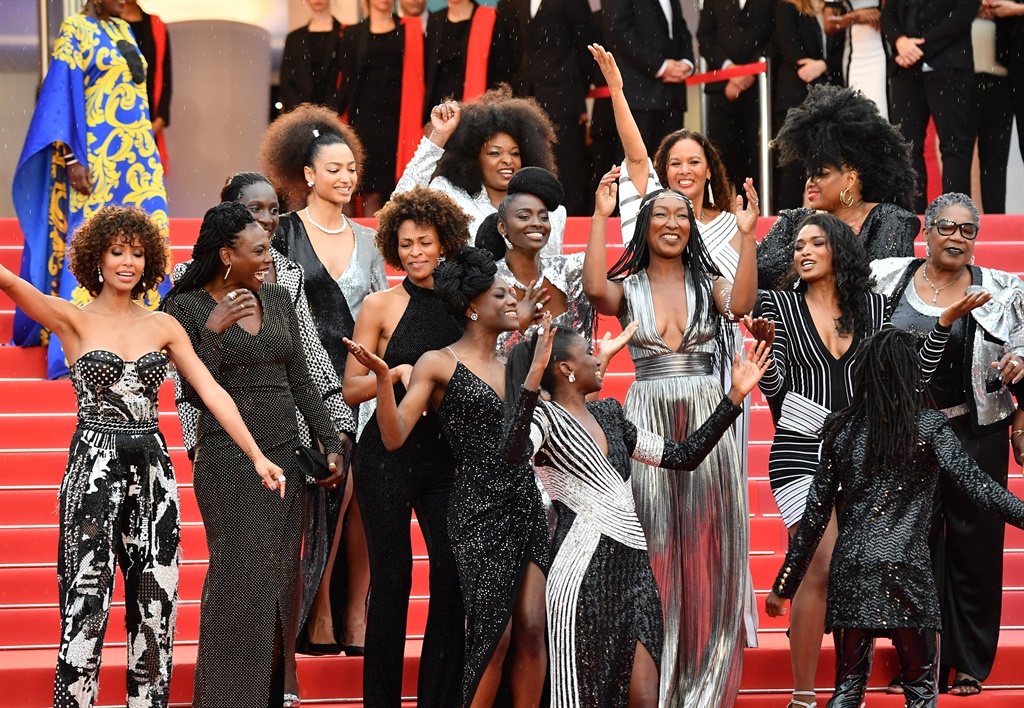
The media has played a huge role in misrepresenting (or underrepresenting) black natural hair for a very long time now.
Just this week, 16 actresses and performers who authored the book Black is Not My Job, featuring stories of racism took to the Cannes red carpet as activists for equal treatment of women of colour in the film industry.
Mainstream media has long celebrated black women like Naomi Campbell, Halle Berry and Tyra Banks, with stronger Caucasian facial features and wear their hair straight.
And for a long time black women with stronger African features who wore their hair in dreadlocks, cornrows or an afro would never make it onto glossy magazine covers let alone get beauty endorsements or land important movie and TV roles.
Of course women like the iconic comedienne Whoopi Goldberg and local musician Thandiswa Mazwai have always kept their hair in natural styles, but too many people have heralded their brand of beauty as charming only recently.
This shows how the way in which we choose to wear our hair can be such a politically influenced decision.
Some women of colour have long relaxed their hair as a way of conforming to the western gaze... or so you would assume.
In reality I've been relaxing my hair my whole life because it's just easier for me to manage that way.
READ MORE: My complicated relationship with hair relaxers
And I’m sure you’re also aware of the exhausting continuous weave debate. We've all seen those tweets from guys who say black women wear weaves because they aspire to be white (as if hair is the sole determinant of race).
Others have said that we wear weaves because we’re just embarrassed of our own natural hair. All these arguments allude to the same fact: there are people who still cannot appreciate the natural beauty of a black woman independently of colonial standards.
Get a weave – “oh, she’s self-loathing.” Grow out your afro – “why don’t you relax your hair?”
Damned if you do. Damned if you don’t.
But this negates a large part of the actual reality. Hair extensions are not a rejection of our natural hair. If anything, these are protective hairstyles for the natural hair beneath them, which also help you retain your hair length because there's no daily manipulating and combing, which breaks hair.
We don't necessarily want length. Rather, we want healthy hair, so why not look bomb AF while you’re at it?
And autonomous as black women are when it comes to their hair, there is still a great deal of hair texture discrimination.
In certain workplaces and schools there are rules which police how black women should wear their hair. This is based on the biased notions that certain natural hairstyles are dirty and or unprofessional.
Even some black people (black men especially) have this mindset, but the Good Hair Study revealed that white women appear to be the most squeamish when it comes to black hair.
Remember when Giuliana Rancic made an ignorant remark on Fashion Police about Zendaya’s faux dreadlocks? She joked that they probably smell like patchouli oil and weed – a comment which further perpetuated negative stereotypes around inherently black hairstyles.
I can see how in schools it may start with the girl in class who will claim that she can’t see the board because of Nomsa’s big afro or Zoleka’s huge braided bun and suddenly you have schools that state you can't grow your hair longer than 5cm.
Imagine forbidding a girl to grow her hair naturally instead of just swapping seats with her classmate.
Such mindsets are carried through into some professional work spaces where results from the Good Hair Study also showed that black women have often felt pressured to wear straight hairstyles for work.
This bias against unapologetically African hairstyles has definitely changed, and there is a continued upsurge of natural hair appreciation by means of social media in particular.
This can also be attributed to the fact that aesthetic prejudices are actually things which can be unlearned.
We can also thank the likes of Nomzamo Mbatha, Pearl Thusi and Amandla Stenberg (just to name a few) for proudly wearing their glorious manes on international platforms which were previously not so accepting.




 Publications
Publications
 Partners
Partners











